How to get a residence permit in Spain: a detailed guide for those wishing to immigrate to this country
As someone who has been living in Spain for many years and is deeply immersed in the topic of immigration, I can confidently say that obtaining a residence permit (TPL) in Spain is one of the best decisions you can make to improve your quality of life. Spain is a country with a rich culture, a favorable climate and a friendly population that makes it attractive to people from all over the world.
In this article, I will take a detailed look at the process of obtaining a residence permit in Spain. You will learn what types of residence permits exist, what requirements you need to fulfill to obtain them, and what documents you need to collect.
In addition, I will explain why Spain is a unique country to live, work and invest in. We will discuss what makes the Spanish culture and lifestyle so attractive. You will learn about the benefits of living in Spain, such as affordable healthcare, high quality education, and a variety of gastronomy and entertainment. I will also touch on economic opportunities and prospects for those who plan to invest in the Spanish economy or start their own business.
This article will be your trusted guide in the process of moving to Spain. You will gain a full understanding of what awaits you in this fascinating country and how to prepare for life there as effectively as possible. Whether you are considering Spain as a place to live, work or invest, I am sure you will find a lot of useful information and inspiration to help you make this important decision.
Let's talk about the benefits:
- Simplified Schengen Travel: One of the main benefits of a residence permit in Spain is the ability to travel freely throughout the Schengen countries. This includes 26 countries including France, Germany, Italy and many others. Having a residence permit in Spain allows you to travel without the need to obtain visas for short trips to these countries, which is especially convenient for business and leisure travel.
- Right of Permanent Residence: With a Spanish residence permit, you have the right of permanent residence in Spain. This means you can officially settle down and enjoy its beautiful climate, culture and lifestyle.
- European Driver's License: By obtaining a Spanish residence permit, you have the opportunity to legally obtain a European-style driver's license. This will not only make your life easier when driving in Spain, but will also allow you to travel freely throughout Europe without unnecessary formalities.
- Social Security: With a Spanish residence permit, you are entitled to social security in Spain. This includes various types of support and benefits in case of job loss, temporary disability or other life circumstances, providing you with financial security and stability.
- Access to Public Medicine: With a residence permit, you have access to high quality Spanish public medicine. This means that in the event of illness or injury, you can expect quality and professional medical care without significant financial outlay.
- Border clearance: Spanish residence permit holders can enter Spain even if the borders are closed, giving them stability and security in terms of international travel.
- Free Education for Children: Children of Spanish residence permit holders are entitled to free education in Spanish schools until the age of 17. This provides them with access to quality education and creates a favorable environment for their development and future.
- Employment and Business Opportunities: With the right to work in Spain, you can seek employment within the country or start your own business. The Spanish labor market offers a variety of employment opportunities, as well as favorable conditions for entrepreneurship.
- Car registration incentives: Spanish residence permit holders can take advantage of incentives to register a car in Spain, which can save money and reduce the cost of owning and operating a car.
- Opening a Bank Account: Once you have obtained a Spanish residence permit, you can open a bank account with local banks. This will give you access to banking services and convenience in financial transactions, making it more convenient and efficient to manage your finances.
- High Standard of Living: Spain offers one of the highest standards of living in Europe. Here you will find quality medicine, modern infrastructure and a variety of leisure activities. Spain's public health care system is recognized as one of the best in the world and provides free or very affordable medical services to all residents.
- Favorable Climate: Spain's Mediterranean climate is known for its mild winters and hot, sunny summers. The Costa del Sol region, for example, has over 300 days of sunshine a year, making it a popular destination for tourists and permanent residents alike. The warm climate encourages an active lifestyle and improves overall health.
- Developed Infrastructure: Spain has one of the best transportation systems in Europe. High-speed trains (AVE) connect the country's main cities such as Madrid, Barcelona, Valencia and Seville. Modern airports with numerous international flights and excellent road conditions make traveling around the country easy and convenient.
- Rich Cultural Heritage: Spain is famous for its cultural and historical richness. Architectural monuments, museums, festivals and traditions create a unique atmosphere. The majestic Alhambra in Granada, the famous Sagrada Familia in Barcelona and lively flamenco shows in Seville are just a few examples of the country's cultural richness.
- Access to Quality Education: Spain offers access to high quality education at all levels. It is home to many international schools that offer education in English, as well as prestigious universities such as the University of Barcelona and Complutense University of Madrid. For families with children, this means access to a first class education.
- Doing Business and Investing: Spain provides a favorable environment for doing business and investing. The Golden Visa program allows you to obtain a residence permit through investment in real estate, business or other economic assets. This attracts many entrepreneurs and investors from all over the world, offering them a stable economic environment and access to European Union markets.
Types of residence permits in Spain
- Non-Visa Countries: Non-European Union citizens can obtain a residence permit in Spain through various programs. This can be a work visa, a student visa or a visa for family reunification. The key is to prepare the documents correctly and comply with all immigration requirements.
- Golden Visa: The Golden Visa program allows investors to obtain a residence permit through investment. The minimum investment amount is €500,000 in real estate or €1 million in other assets such as shares in Spanish companies or deposits in Spanish banks. This is one of the most popular ways to obtain a residence permit among wealthy foreigners.
- Residence Permit for Financially Independent Persons: This type of residence permit is intended for persons who can prove their financial independence and ability to support themselves without having to work in Spain. Proof of sufficient funds in a bank account and health insurance is required.
- Student Visa: Foreign students enrolled in accredited educational institutions in Spain can obtain a student visa, which entitles them to temporary residence for the duration of their studies. After graduation, students can apply for a visa extension or change of visa type to continue their stay in the country.
- Work Visa: A work visa is granted to foreigners who have been awarded an employment contract with a Spanish company. This type of visa requires prior approval from the Spanish Ministry of Labor and confirmation that the job cannot be filled by a citizen of Spain or another EU country.
- Residence permit in Spain through a business: This type of residence permit assumes that the applicant will independently create jobs or contribute to the Spanish economy through his business, rather than seeking an employer for employment within the country. In doing so, he or she is able to legally generate income from his or her business within Spain.
- Startup residence permit: The main requirement for this type of residence permit is the submission of a business plan for an innovative project that meets certain criteria, including innovativeness, job creation and benefit to the Spanish economy. The innovativeness must be described in detail and confirmed in the business plan, and licenses, certificates or patents can be provided to prove the uniqueness of the development.
It must also be demonstrated that there are sufficient funds for the applicant and their family members applying for a Spanish residence permit with them. The minimum amount required for each main applicant (each founder) is 200% of SMI for the year, which is currently €30,240, and for each family member is 75% of SMI (€11,340) for the second family member and 25% of SMI (€3,780) for each subsequent family member.
What is the best type of residence permit?
Moving and immigration is a big decision and everyone needs to choose the right type of residence permit depending on their personal capabilities, plans and circumstances, making this decision after careful study of the information.
The fastest way to obtain a Spanish residence permit is through marriage, family reunification or as a digital nomad. A longer application process awaits those who apply for a residence permit for work, startup or refugee reasons. To obtain a residence permit on the basis of residency will require a long process, as the review of documents can take from 6 months to a year.
The process of obtaining a residence permit
The requirements and the list of necessary documents vary depending on the type of residence permit chosen. However, there are some common requirements for all types of residence permits:
- Passport: An original passport and a copy of it are required, and a passport issued more than 10 years ago is not acceptable. For certain types of visas, such as the Nomad visa, it is required that the validity of the passport be at least one year.
- Proof of Residence in Spain: Proof of residence in Spain is required. It is important to note that in some cases, in order to directly obtain a residence permit card, it is necessary not only to provide a rental agreement, but also proof of residency in Spain. In this case, fingerprinting must be in the same region that is specified in the application form.
- Filled Questionnaire: It is necessary to fill out the questionnaire according to the type of residence permit selected.
- Health Insurance: A one-year health insurance policy is required. This policy can be done remotely and all documents can be received by e-mail.
- Criminal Background Check: You must provide a criminal background check with an apostille and a Spanish translation. If you have lived in more than six months in a row in more than one country, you may be required to submit a certificate from those countries as well.
- Proof of Funds: A bank statement showing that you have sufficient funds is required. It is best to obtain this statement immediately before filing, as it has a limited validity period.
Payment of State Duty: The state duty must be paid.
Other documents depend on the chosen type of residence permit. It is worth noting that some documents can be obtained and prepared remotely, but others (e.g., bank statements) may require personal presence.
Depending on the type of residence permit selected, the application can be submitted both from the country of citizenship and from within Spain. When applying through the Embassy, the documents are usually submitted on paper, while when applying within Spain they can be submitted electronically.
In cases where filing requires being in Spain, a Schengen visa will need to be obtained in advance for entry. For entry for the purpose of applying for a residence permit, either a single entry or multiple entry Schengen or national visa can be obtained.
To extend or change the type of residence permit, you must apply to the Office for Foreigners. Please note that in order to obtain approval for an extension, in most cases you will need to provide sufficient financial resources and collect the necessary package of documents.
The timeframe for consideration of documents also depends on the type of residence permit selected. For example, a Gold visa may take about a month to process, while a residence permit for work may take about three months. In some cases, it may be necessary to stay at the place of application until a decision is made, as the applicant may be invited for an interview or additional documents may be requested.
The reasons for refusal to obtain a residence permit can be varied, but the most common and obvious are the following:
- Submission of an incomplete set of documents or submission of documents that do not meet the requirements.
- Lack of financial resources of the applicant or the origin of these resources is suspicious.
- Violation of Spanish and/or European Union legislation on the part of the applicant.
In case of refusal, it is recommended to eliminate these reasons and resubmit the full set of documents.
Sometimes a Spanish residence permit can be revoked in the following cases:
- The holder of the residence permit has been convicted of a crime and sentenced to imprisonment of one year or more.
- The holder of the residence permit poses a threat to the national security of Spain.
- It is found that the holder of a residence permit has provided false information when submitting the application.
There are also Special Cases:
Obtaining refugee status in Spain
The possibility of obtaining refugee status or political asylum with the subsequent granting of a residence permit can be carried out either by arriving in Spain, or by applying to the Embassy of the country, located in the territory of another country.
One of the main criteria for obtaining this status is the successful completion of an interview with a representative of the Migration Service, as well as the existence of grounds for obtaining this status (e.g. war, political persecution, racial or national persecution, religious reasons, etc.). In order to substantiate the reason for refugee status, it is required to provide proof of such a reason as well as to prove your identity.
The process of obtaining status can take from several months to several years.
Refugee status grants all the rights typical of Spanish citizens, including the right to work, but there are some restrictions. For example, refugees are restricted from participating in elections and holding public office.
This process has a legal basis in the 1951 Geneva Convention and the 1967 Protocol. In addition, a law on the Right to Asylum and Subsidiary Protection in Spain was passed in 2009, which regulates the rights of refugees.
Life in Spain
- Culture and Lifestyle: Life in Spain is full of cultural events and traditions. Spaniards value family ties, social interactions, and celebrations. The country hosts many festivals and carnivals, such as La Tomatina in Buñol and San Fermin in Pamplona. These events attract not only tourists but also locals, creating a unique atmosphere of fun and unity.
- Gastronomy: Spanish cuisine is famous for its varied and delicious dishes. Paella, tapas, jamon, gazpacho and churros are just some of the delicacies that can be tasted in Spain. Each region has its own unique culinary traditions and recipes. Local markets offer fresh produce and restaurants offer a variety of dishes to suit all tastes.
- Tourism and Attractions: Spain offers many tourist destinations. The beaches of the Costa Blanca and Costa del Sol attract sun and sea lovers. The Pyrenees and Sierra Nevada mountains are ideal for winter sports and hiking. Historic cities such as Toledo, Salamanca and Zaragoza offer unique architectural and cultural attractions.
- Education and Health: Spain provides a high level of education and health care. Public and private schools, universities and medical facilities offer a wide range of high quality services. The educational system allows you to choose between Spanish and international study programs, which is especially important for foreign families.
- Economy and Work: Spain's economy is one of the largest in Europe and offers a variety of work and business opportunities. Major sectors include tourism, agriculture, construction and technology. Spain is actively developing a startup ecosystem and attracting international investors, which creates a favorable environment for entrepreneurship.
Moving to Spain and obtaining a residence permit is not only an opportunity to improve your quality of life, but also a chance to immerse yourself in a rich culture, enjoy a great climate, safety and a friendly population. Whether you are considering Spain as a place to live, work or invest permanently, this amazing country will offer you many opportunities and benefits.
Spain is not just a place on the map, it is a way of life, where history, tradition, gastronomy and hospitality of the locals fit in. It is a country where every day is filled with new discoveries, impressions and opportunities for self-development. Here you can find a balance between work and rest, enjoying a unique combination of active life and relaxing atmosphere.
I hope that this article will be a reliable guide for you in the process of moving and will help you make the right choice. May your life in Spain be filled with joy, success and inspiration. Spain is waiting for you with open arms, ready to offer you the best of everything. Come and discover this wonderful world!
 2
2
 2
2
 10
10
 5
5
 50680
50680 

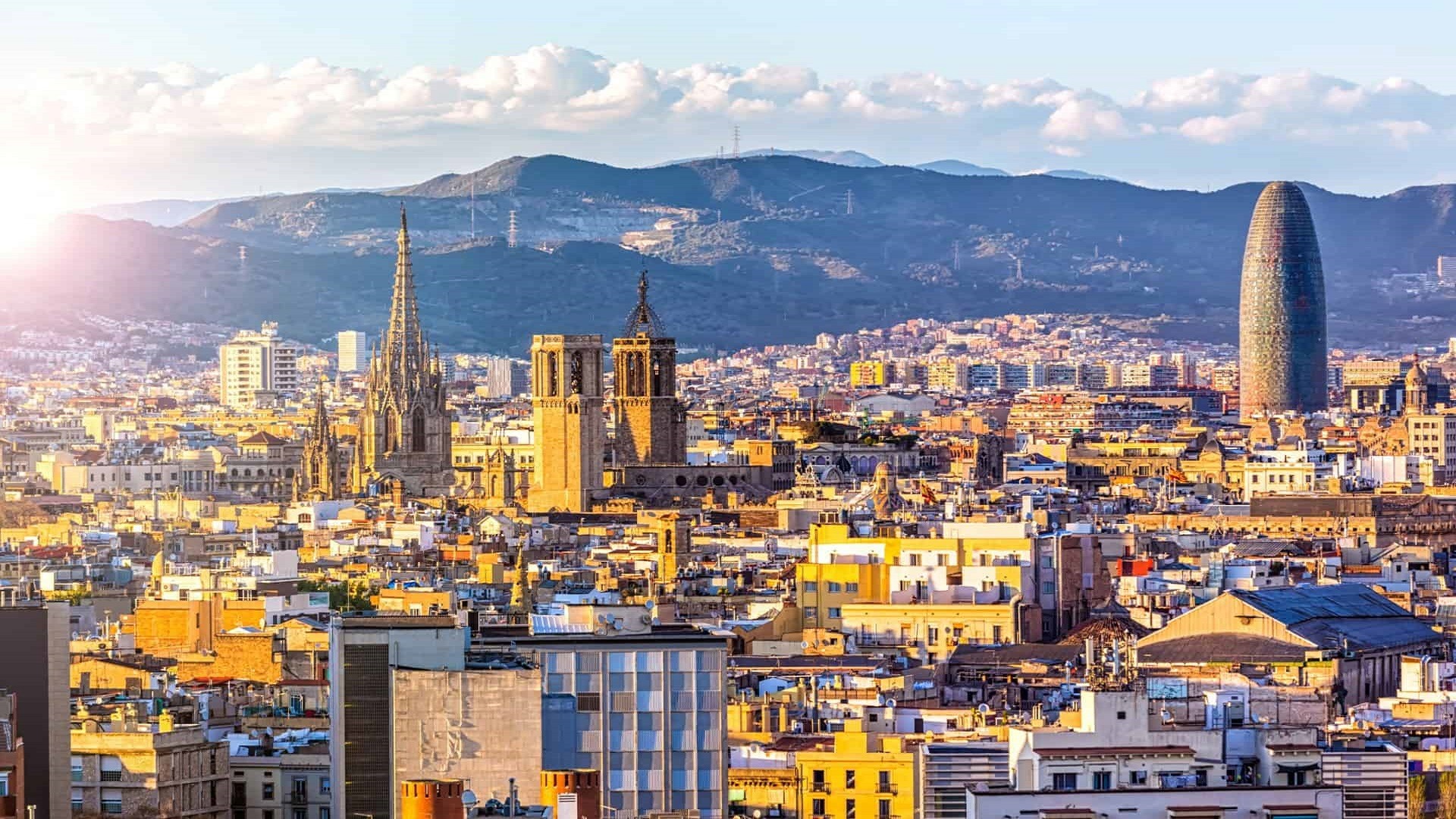
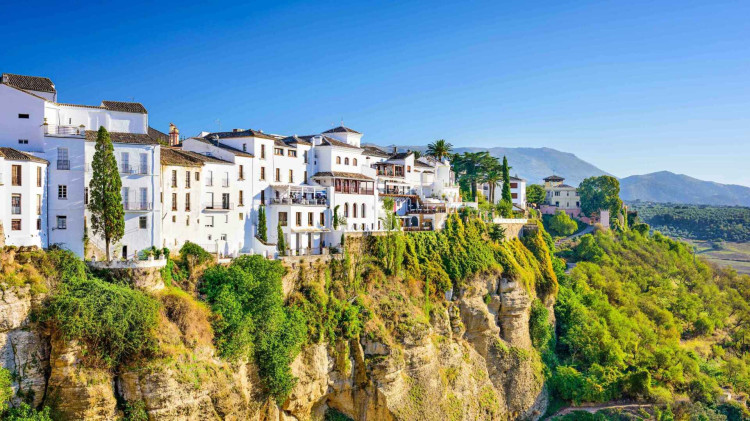
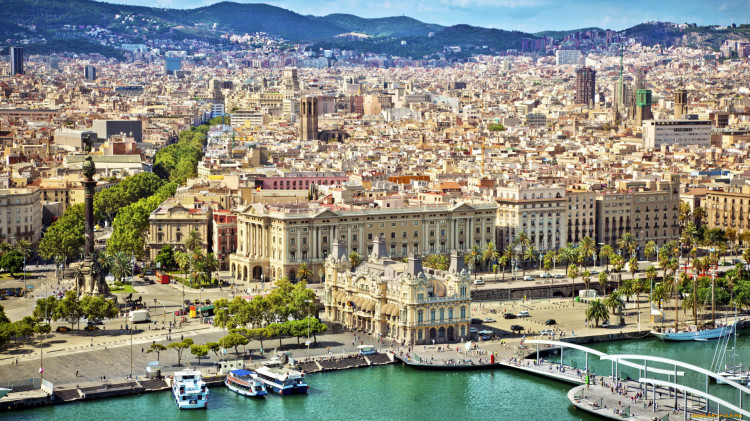
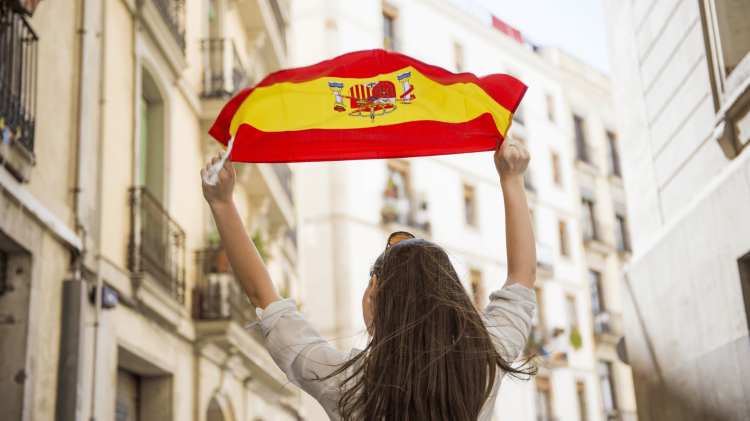
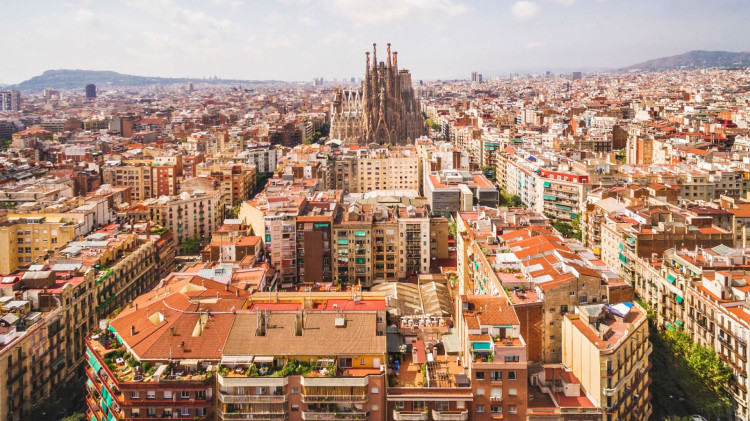
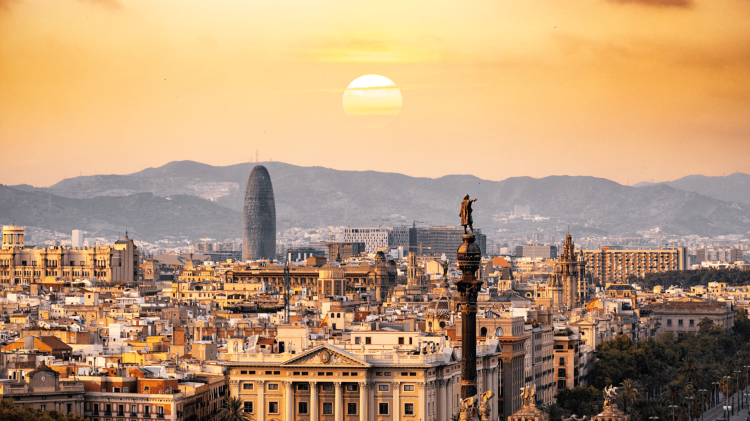
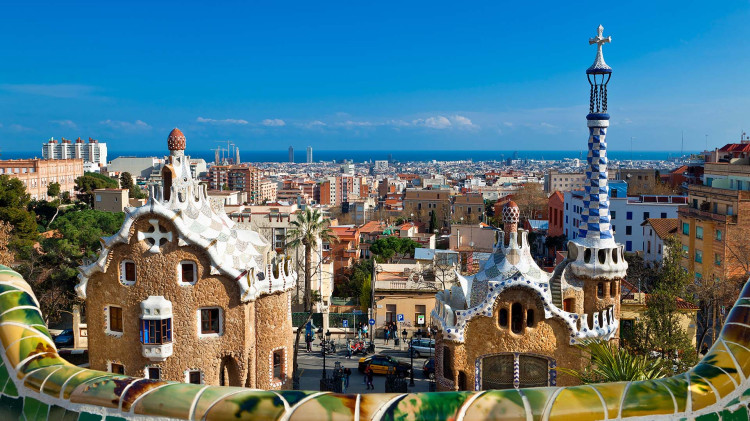
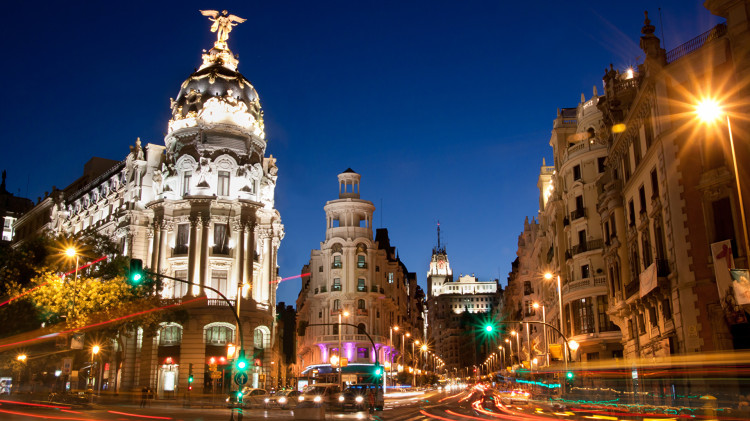
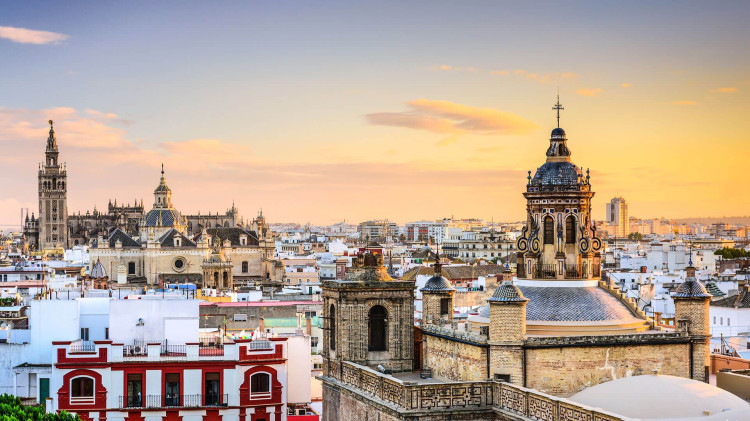
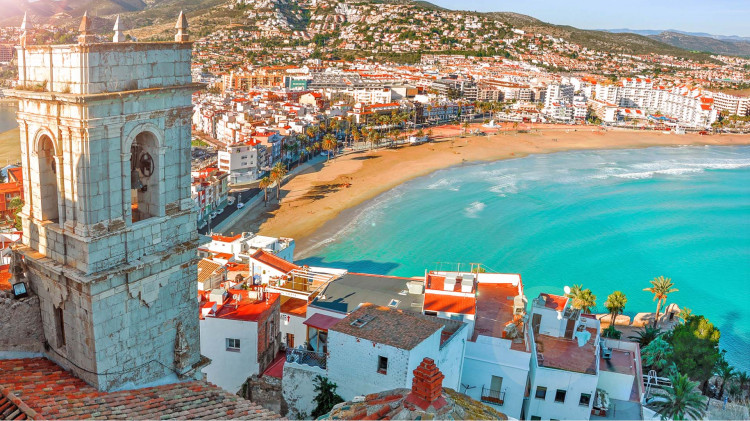

 1
1 









